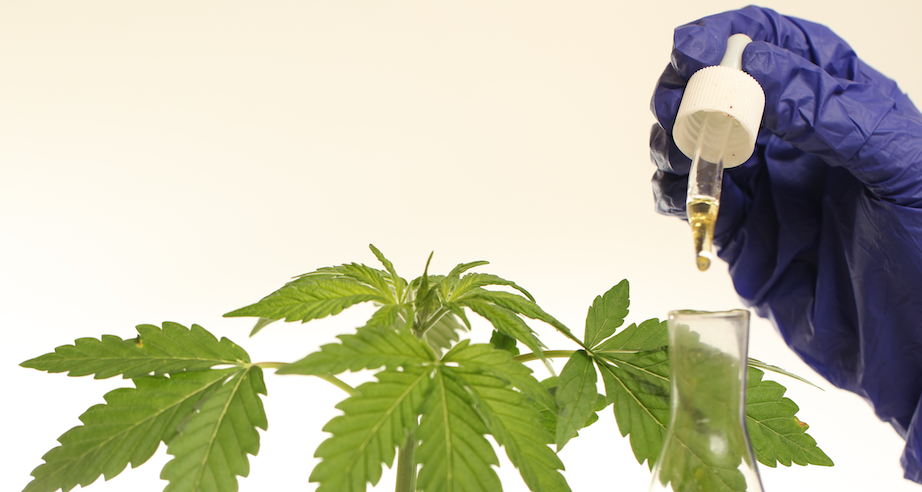11.21.2025
Sausage casings bulletin, November 21, 2025

...

Last week, the Court of Justice of the European Union (CJEU) ruled that a wholesale banning of CBD produced by other member states was unwarranted, and unnecessarily impeded markets. The CJEU ruling is a response to French prosecution of directors for the company Kanavape, who were importing legal hemp-derived CBD from the Czech Republic. Law enforcement has been hostile to CBD companies in France, making the CJEU ruling a watershed moment for French and EU CBD companies, and bodes well for global hemp prices.
Unconstrained markets are a core value of the EU, and this recent court decision affirms that hemp derived CBD is lawful, and not classified as a narcotic. The court essentially says that yes, CBD comes from cannabis, but it isn’t psychoactive, so a ban is contrary to the spirit of U.N. conventions. A literal interpretation of the U.N. Single Convention on Narcotic Drugs 1961 “might lead to [CBD] being classified as a drug, in so far as it is a cannabis extract, such an interpretation would be contrary to the general spirit of that convention and to its objective of protecting ‘the health and welfare of mankind.’”
The EU is a medley of member states with wide ranging views on many issues, both between member states, and within them. Cannabis policy will test EU leaders over the next half-decade; CBD is the first melee in that process of member states comporting with EU policy. France allows synthetic CBD, creating some incongruity in the minds of anyone guided by medical science. The CJEU addressed this dichotomy, saying that the “The [French] national court must assess available scientific data in order to make sure that the real risk to public health alleged does not appear to be based on purely hypothetical considerations”.
This very practical interpretation of drug policy is a major score for CBD businesses in Europe, as well as US operators that eagerly serve that lucrative market. France could ultimately risk being the subject of an infringement procedure, should they continue to enforce laws that are contrary to EU law. The ruling is no guarantee that French citizens are “free to move about the cabin”, as far as CBD manufacture and marketing.
France has one of the most active hemp industries, with over 40,000 planted acres, and considerable exports. They have a strict interpretation of allowable THC levels and are known for their anti-MJ sentiments. France has no medical MJ program.
The U.N. Commission on Narcotic Drugs is set to vote on a policy change in December that would note that CBD extracts are not included in the convention. This follows recommendation by the World Health Organization that cannabis should be reclassified as Schedule 1, the most lenient category in this convention. At an October virtual meeting in Vienna, US State Department attorney Patt Prugh painted a less than supportive picture of the US’ position on cannabis policy. Prugh’s comments were somewhat contradictory, and one has to wonder what changes would be in store for the State Department, and cannabis policy in general, as we usher in a new Biden/Harris administration. They’ll take the reins just weeks after this landmark vote.